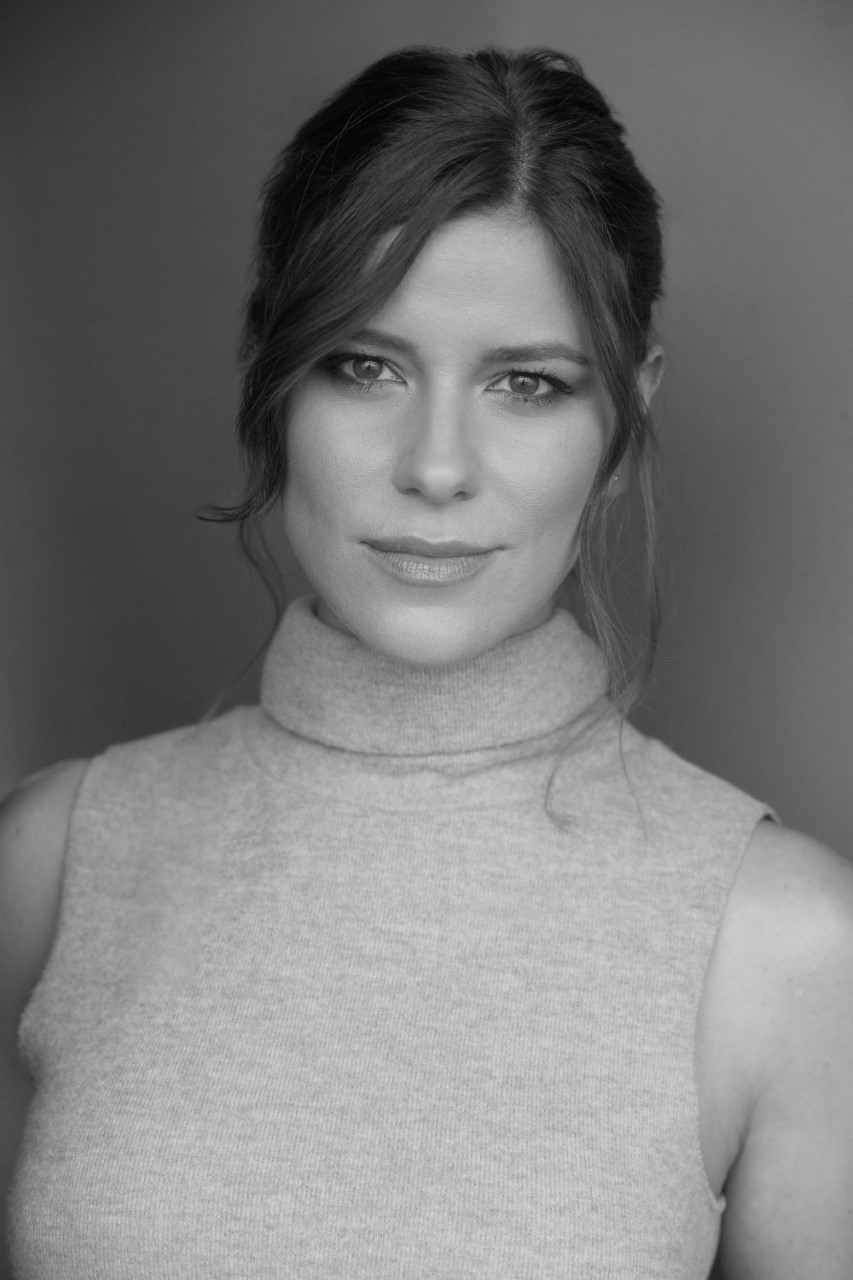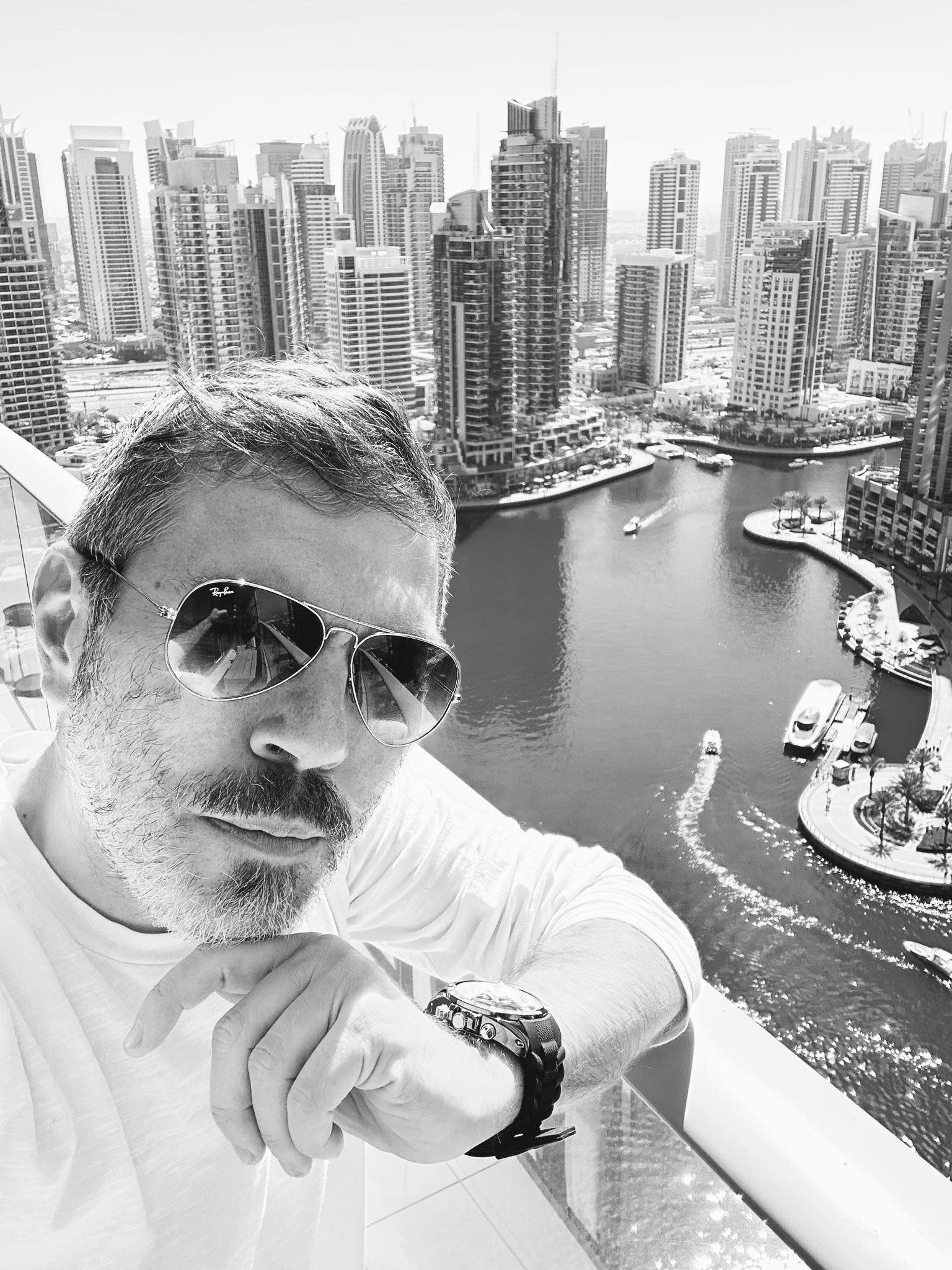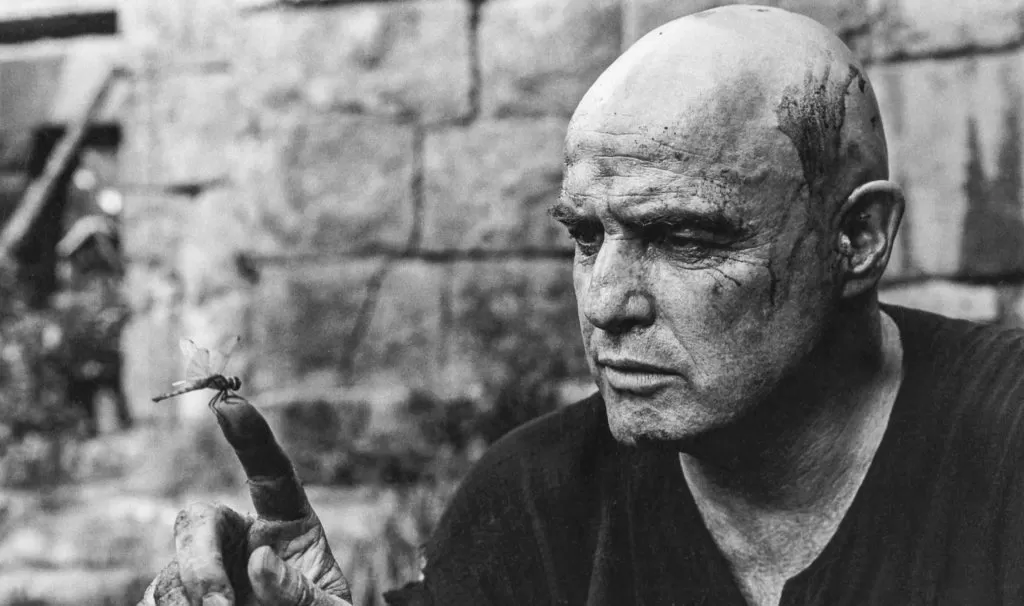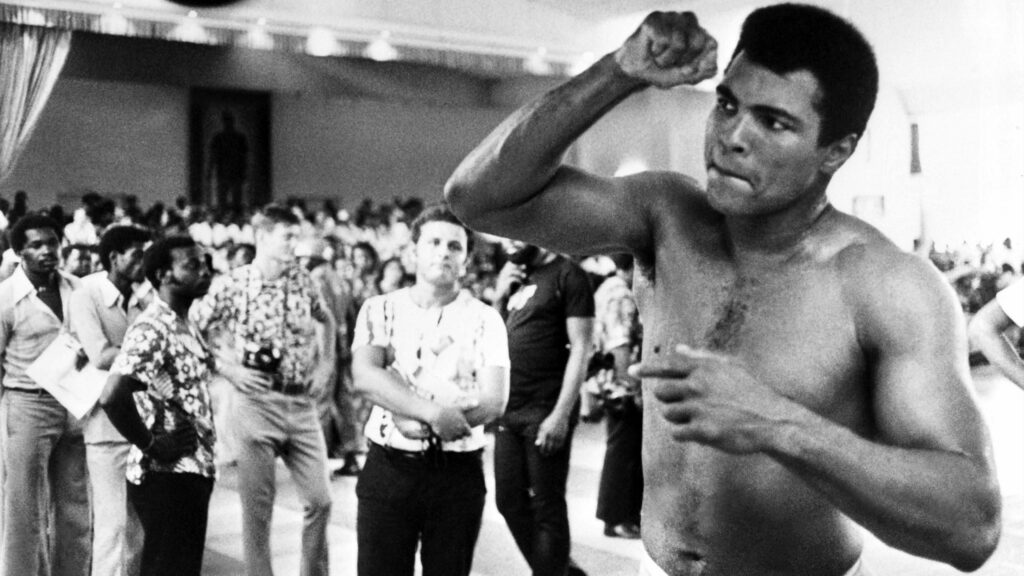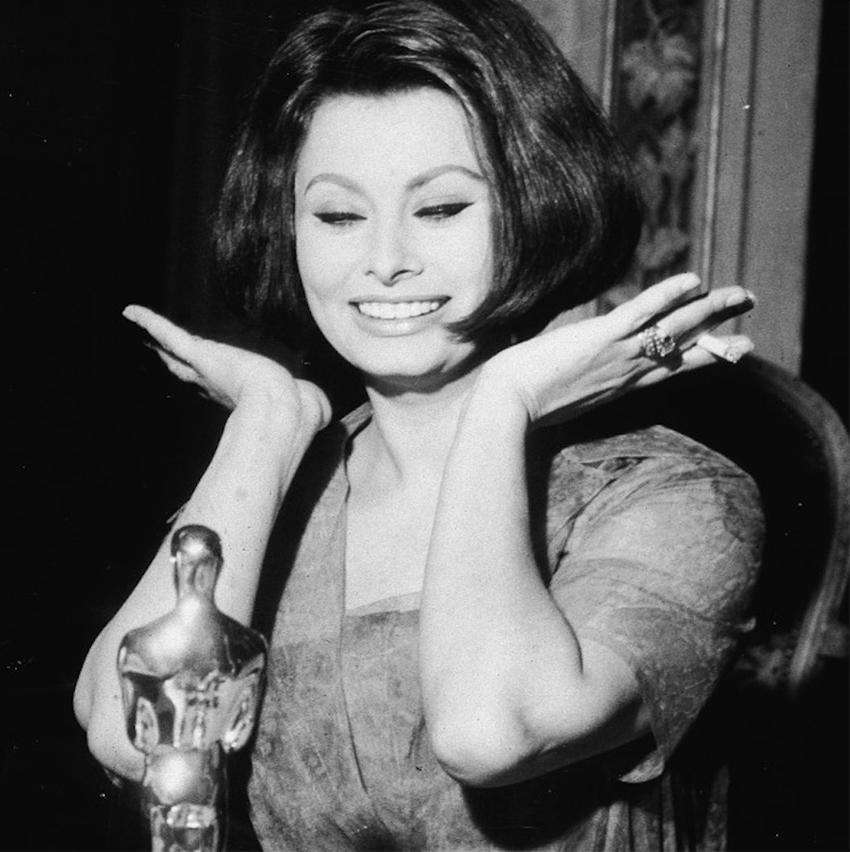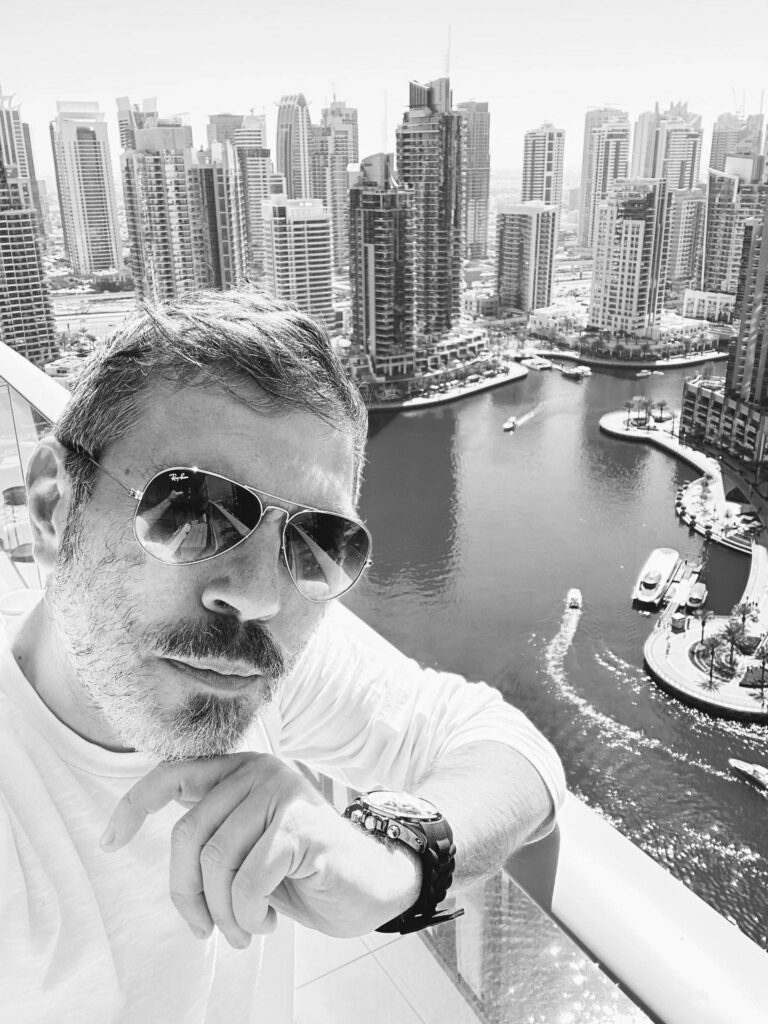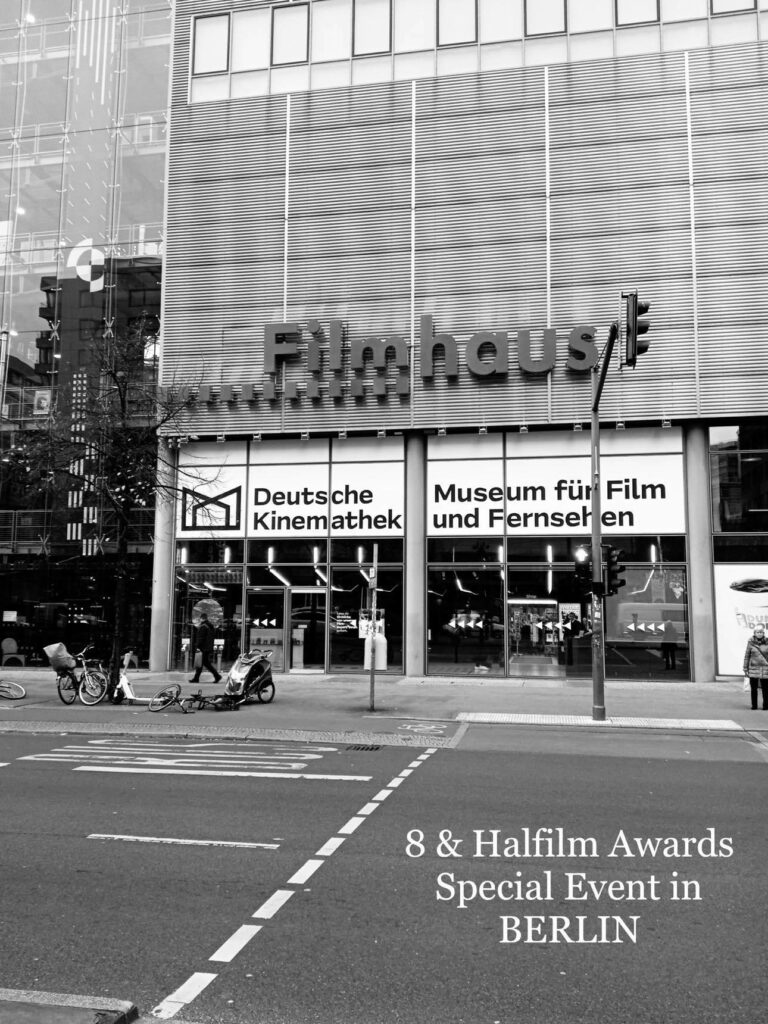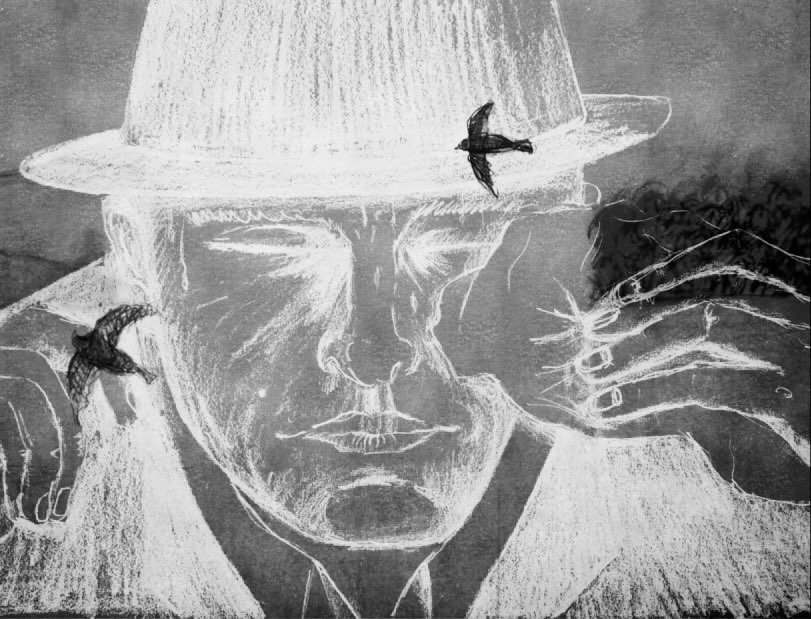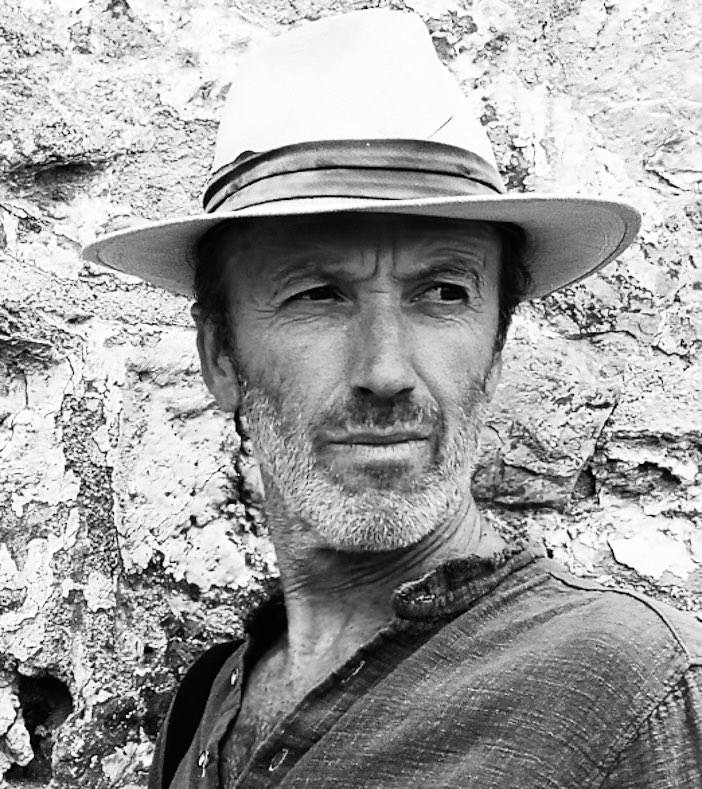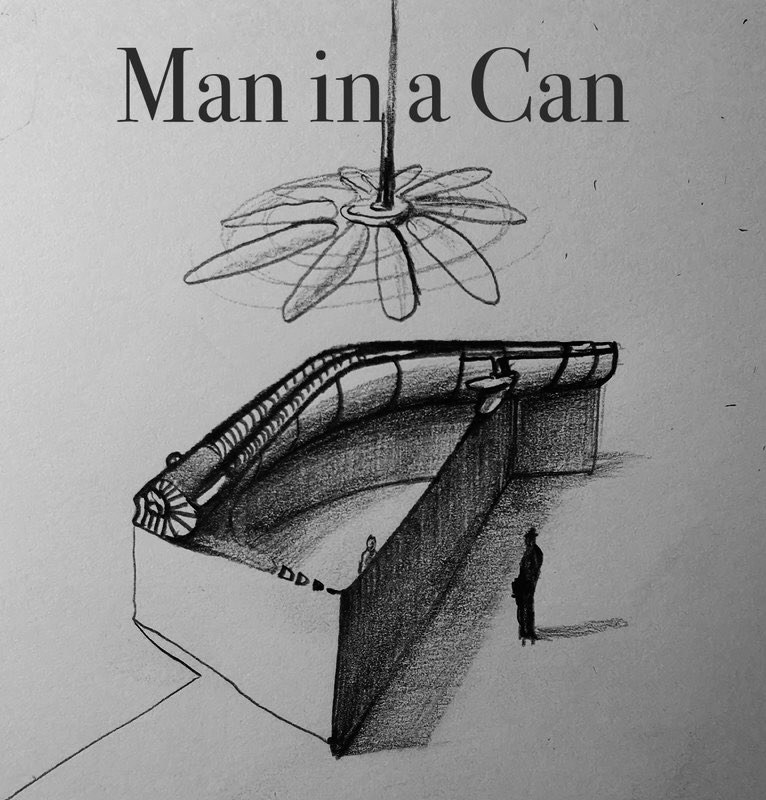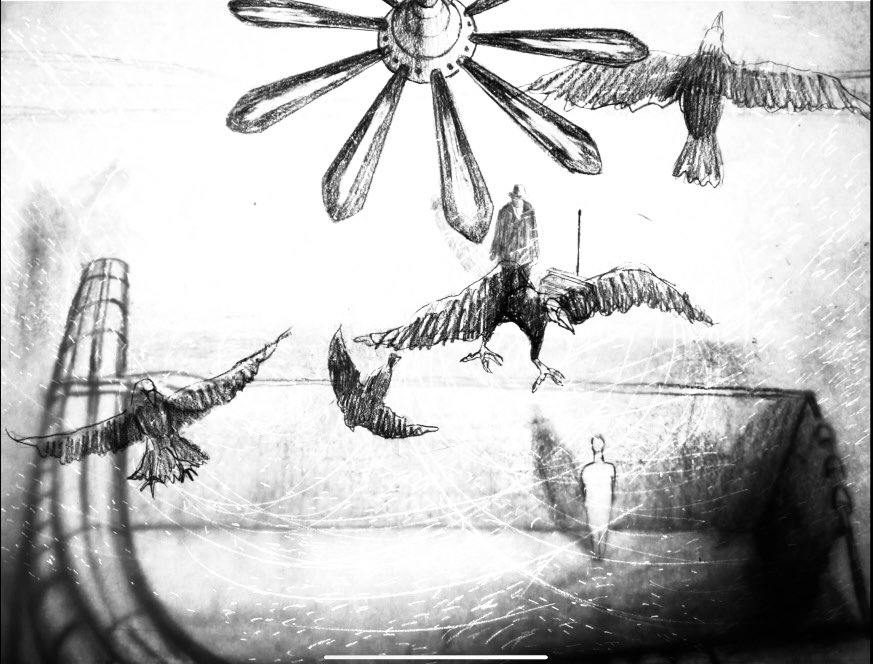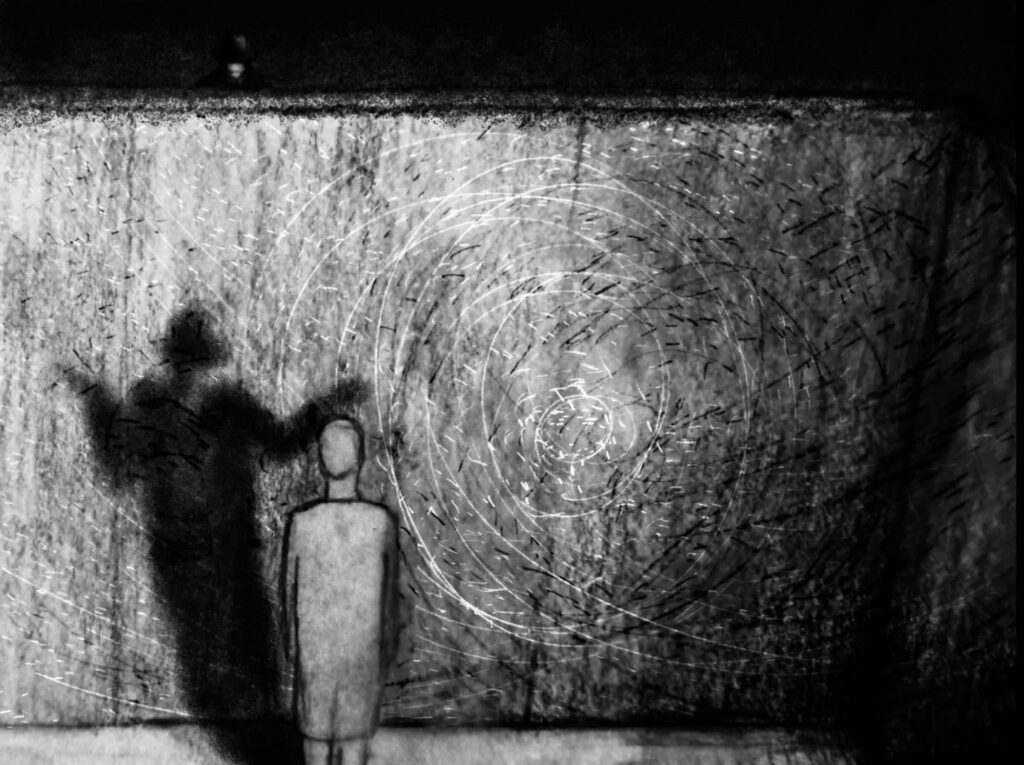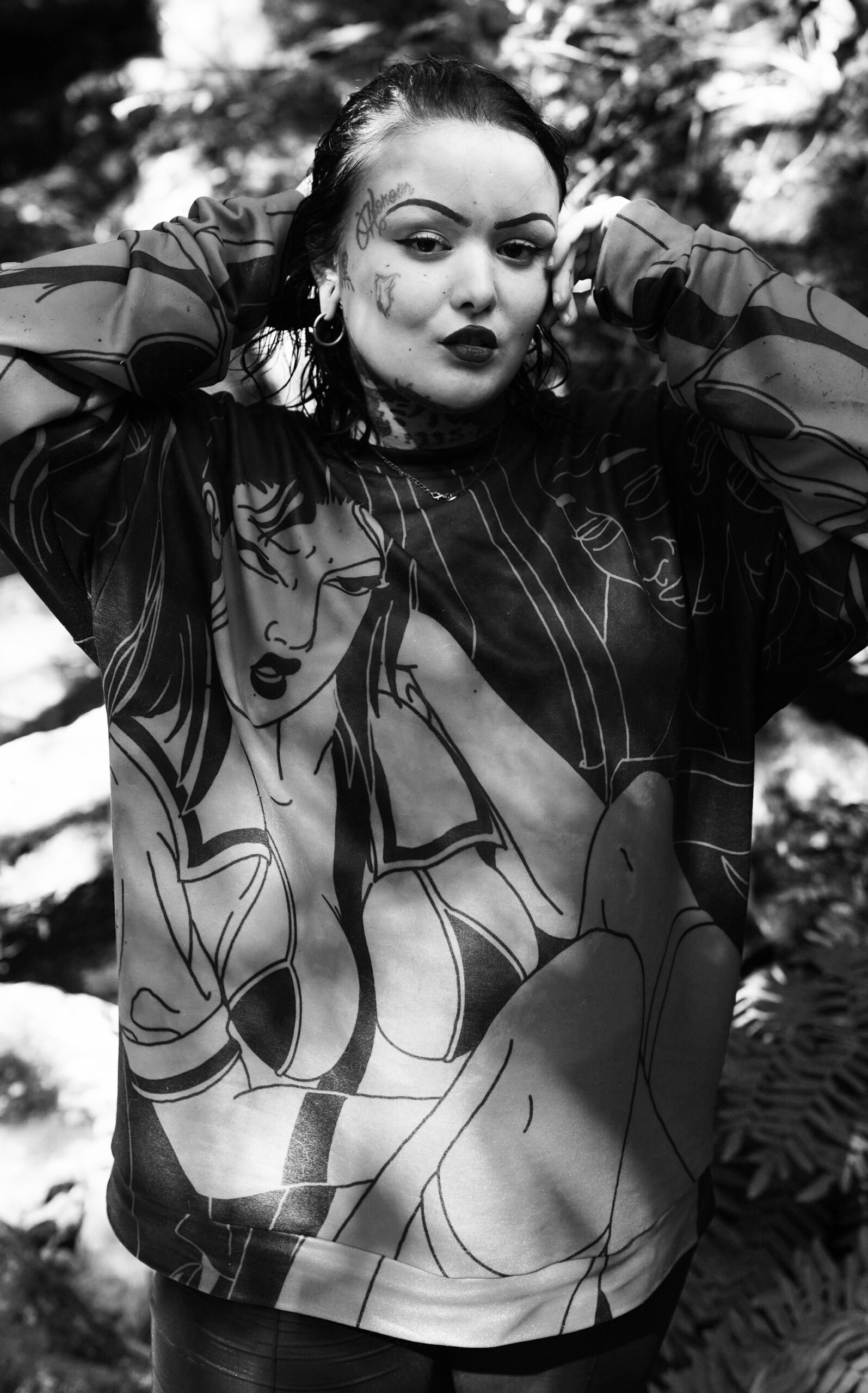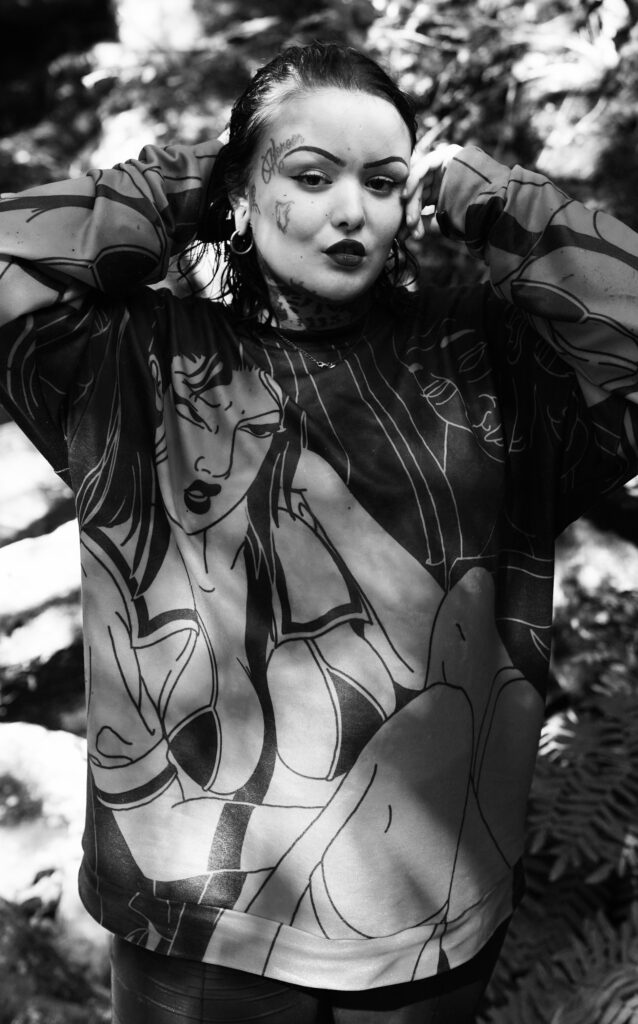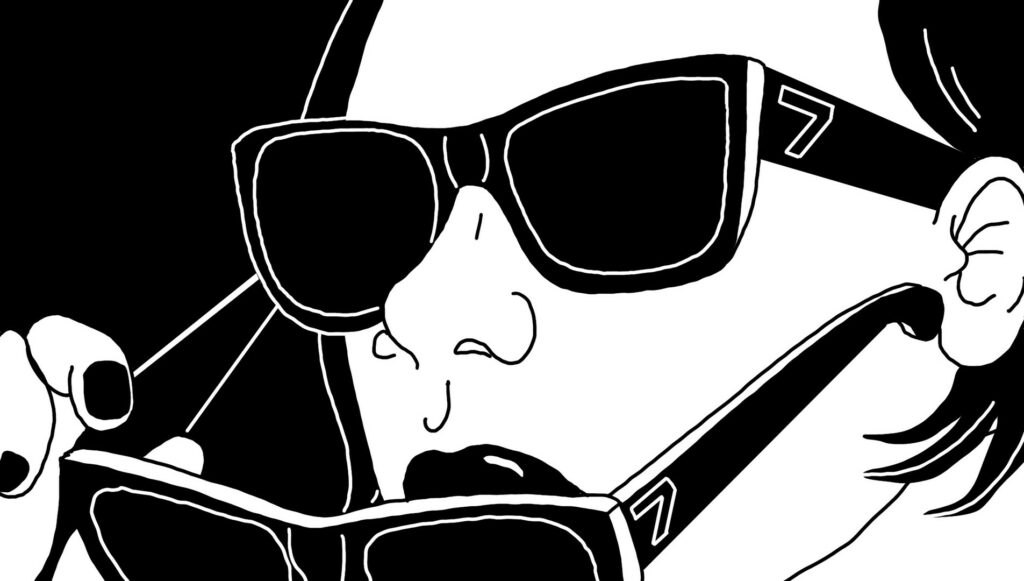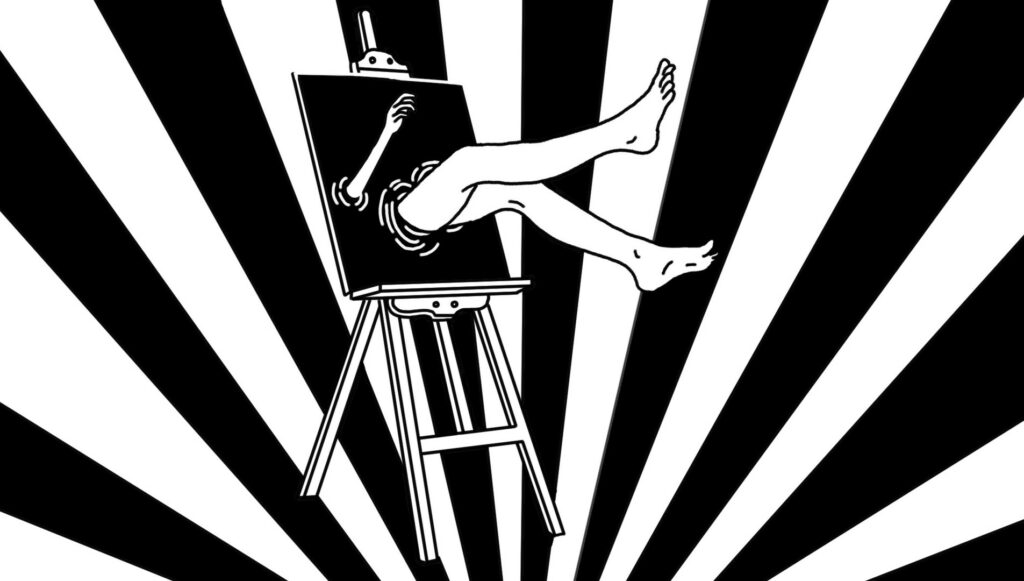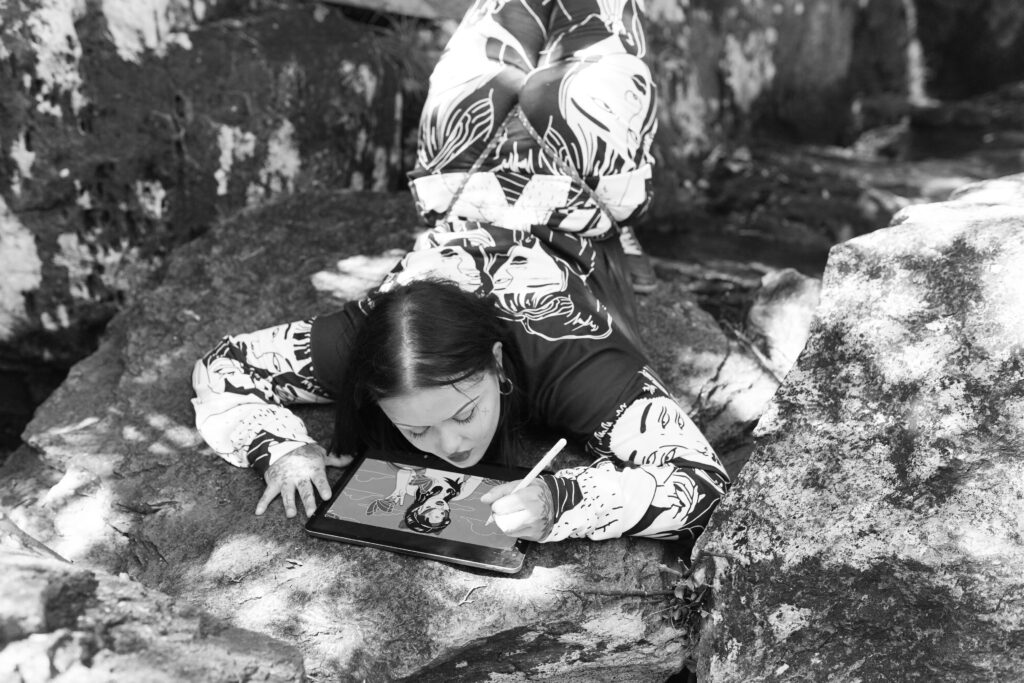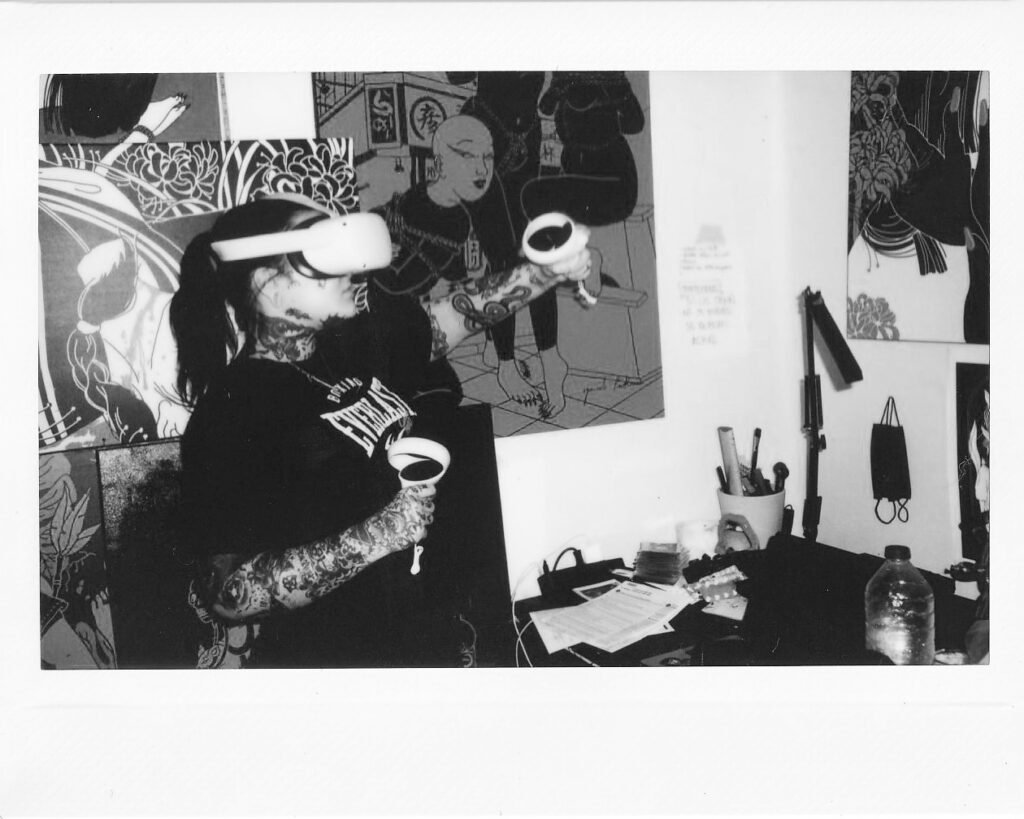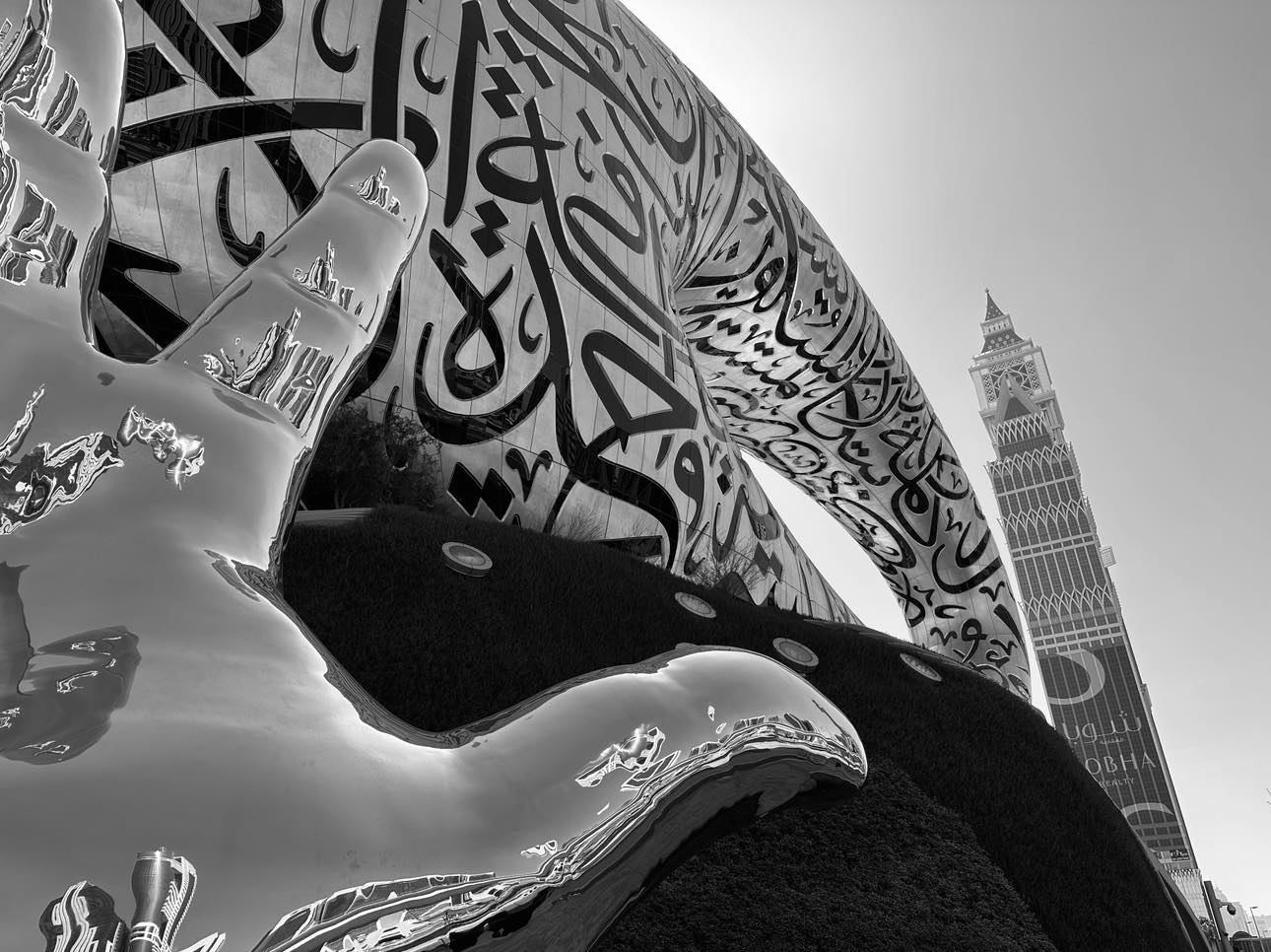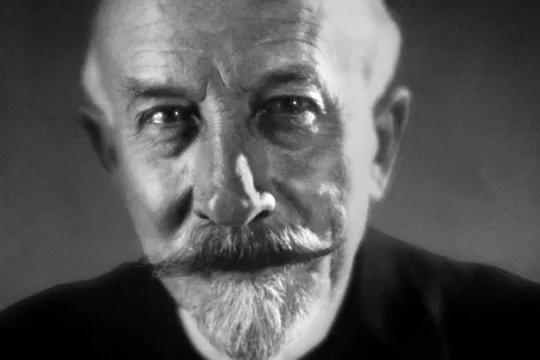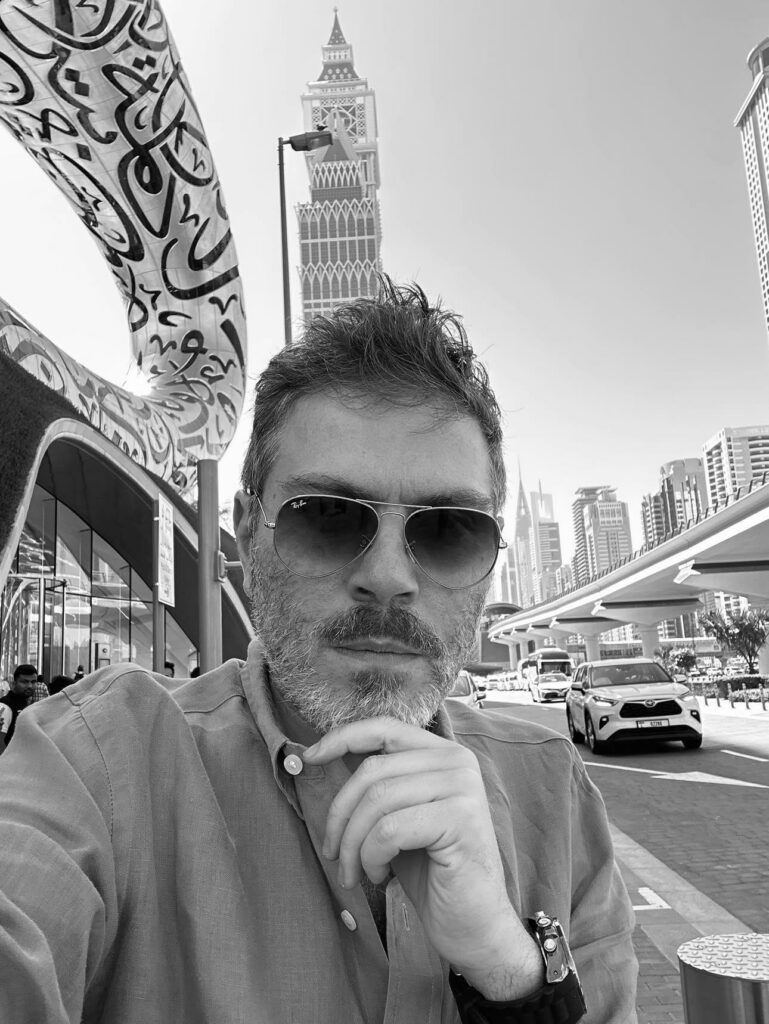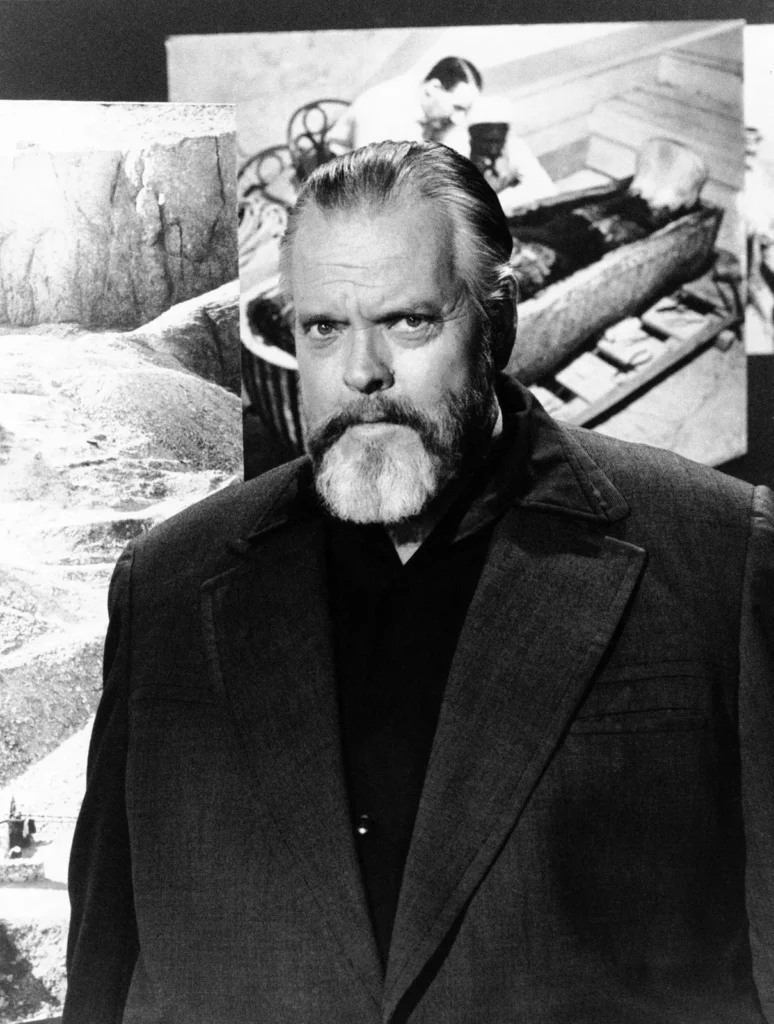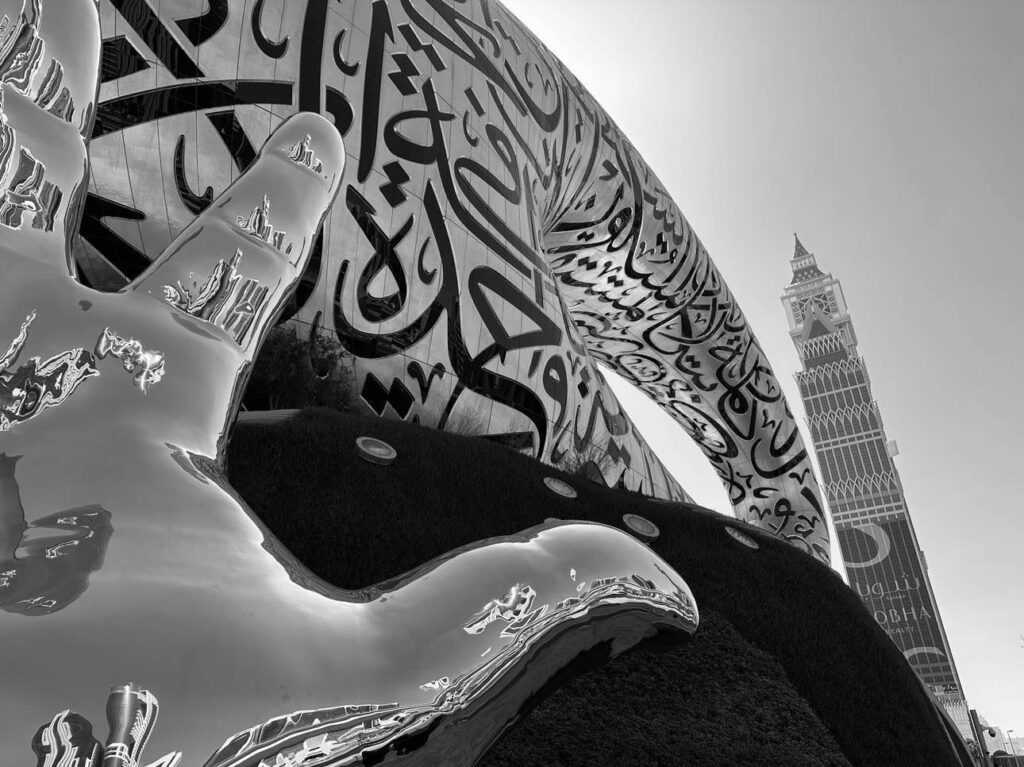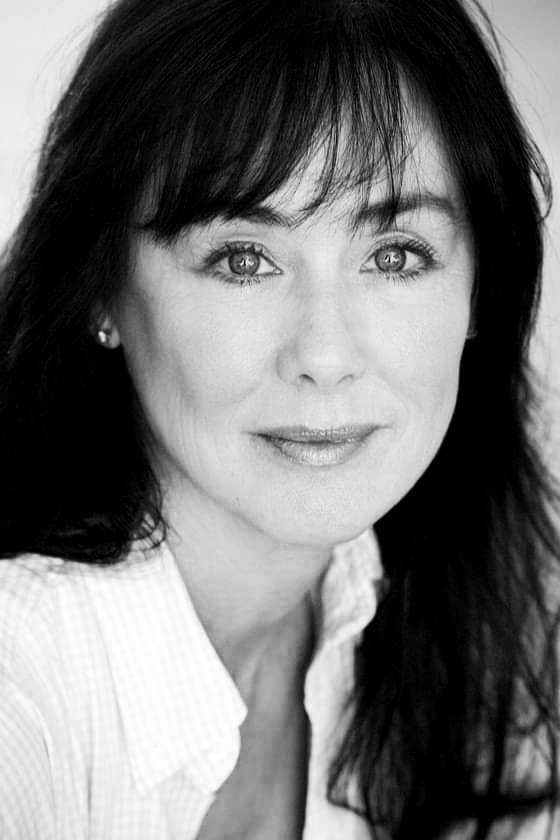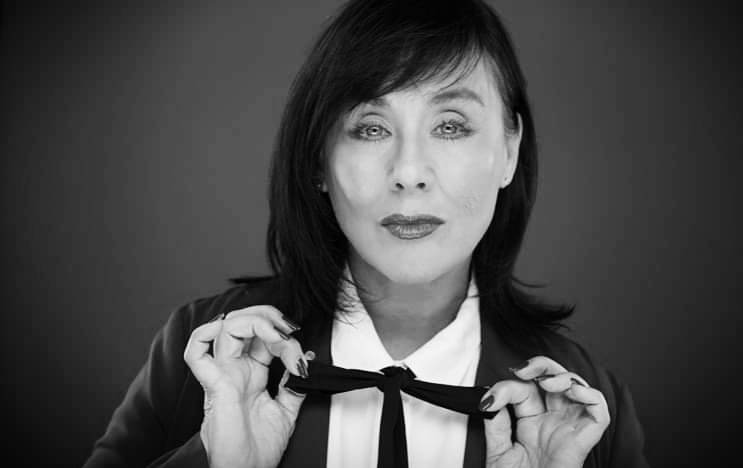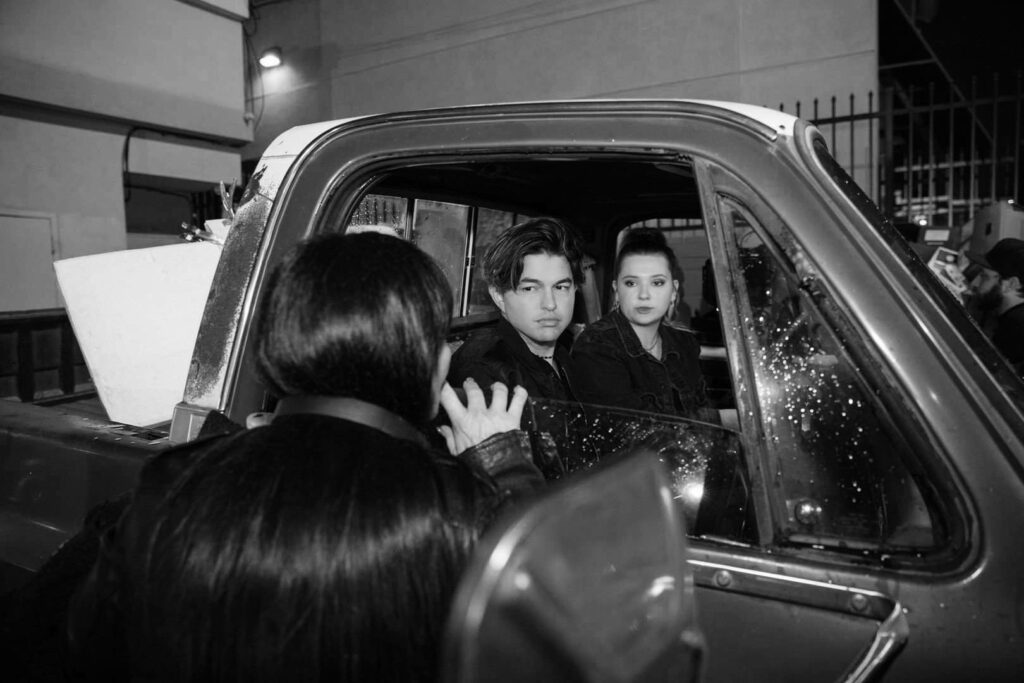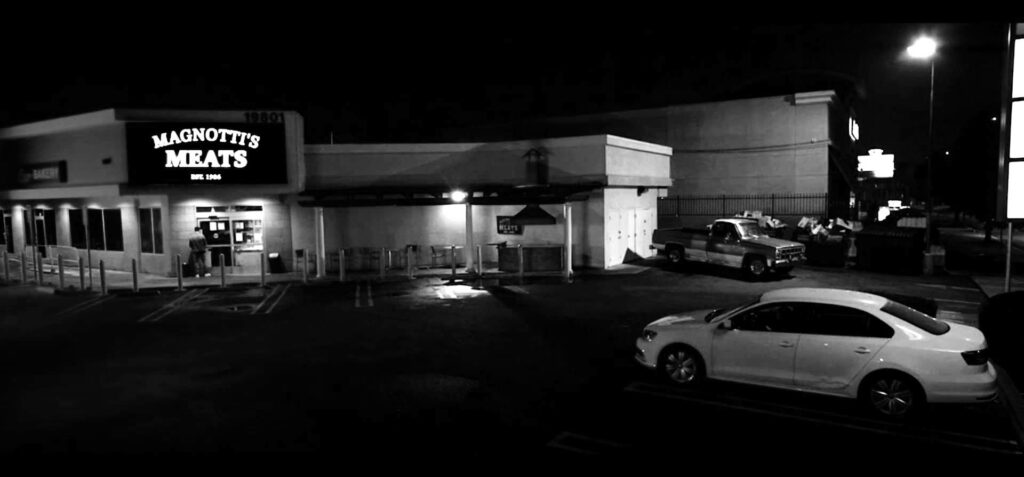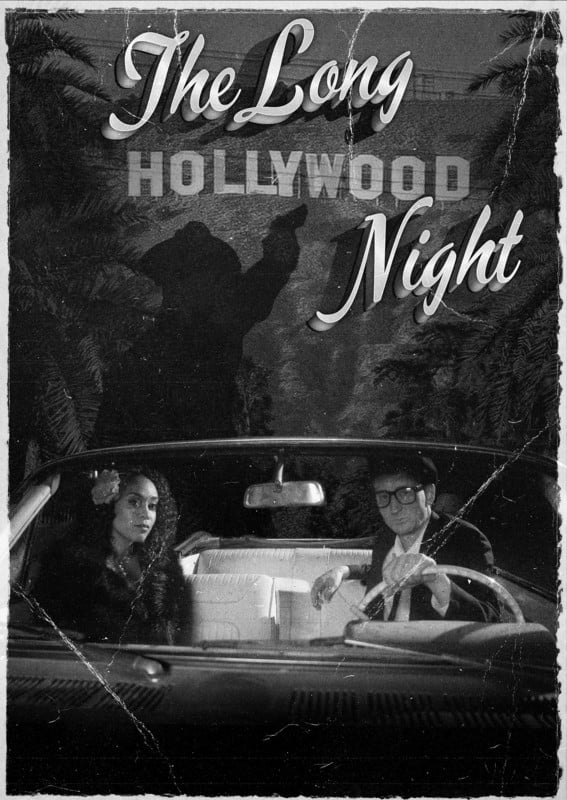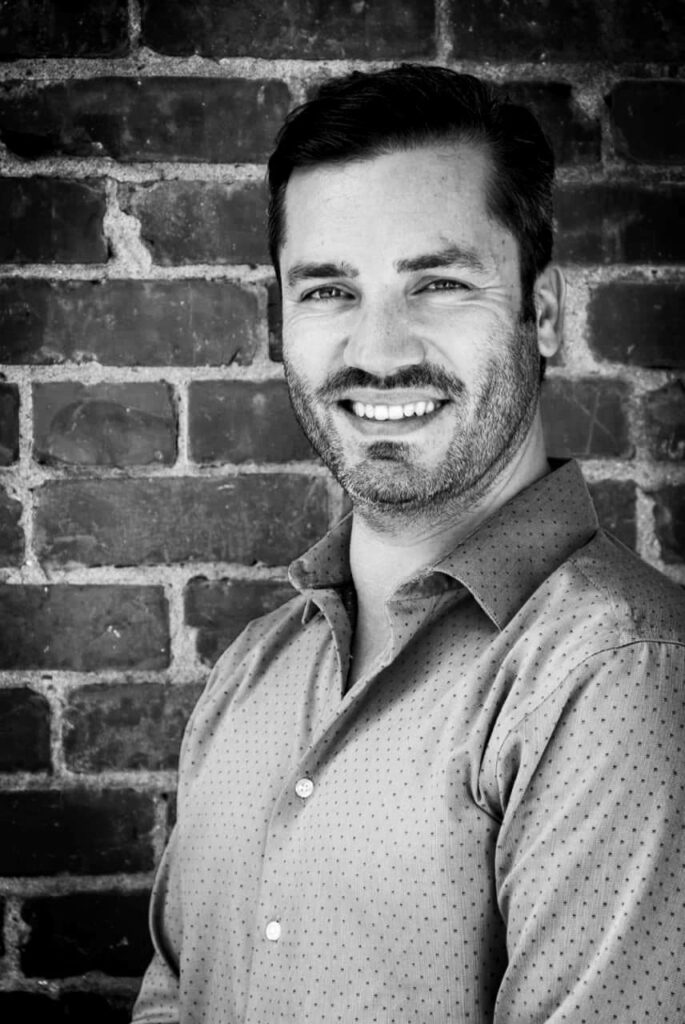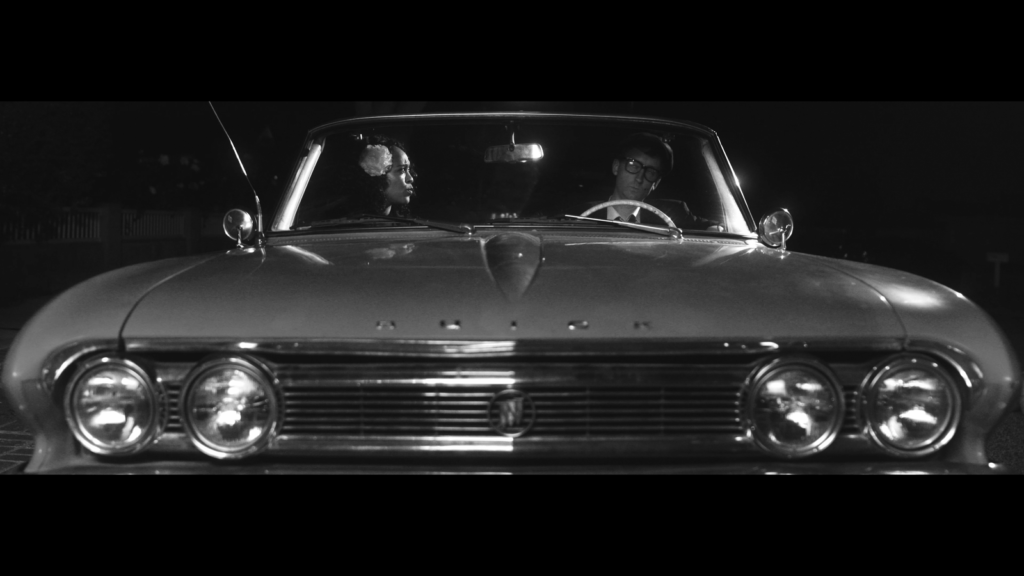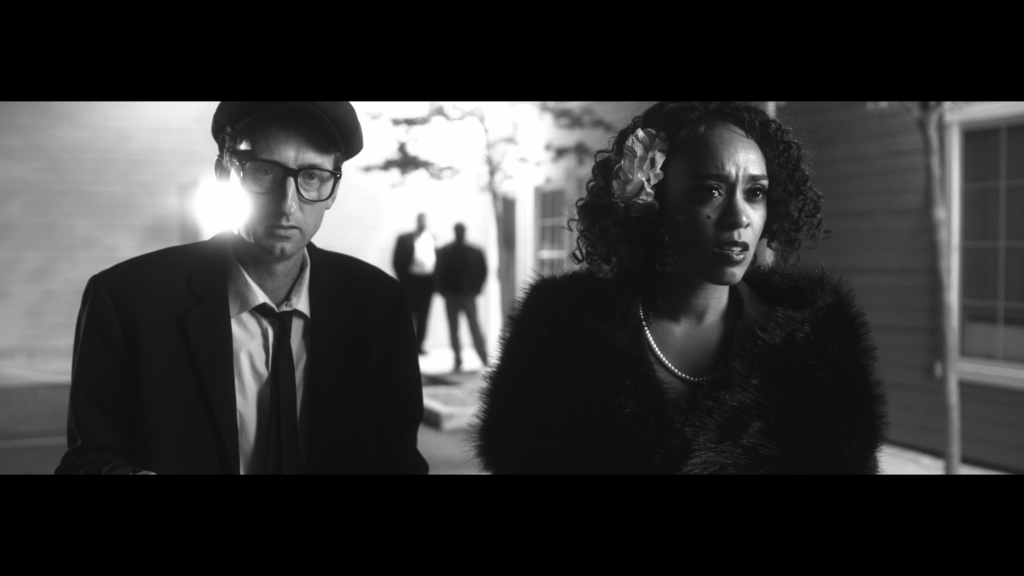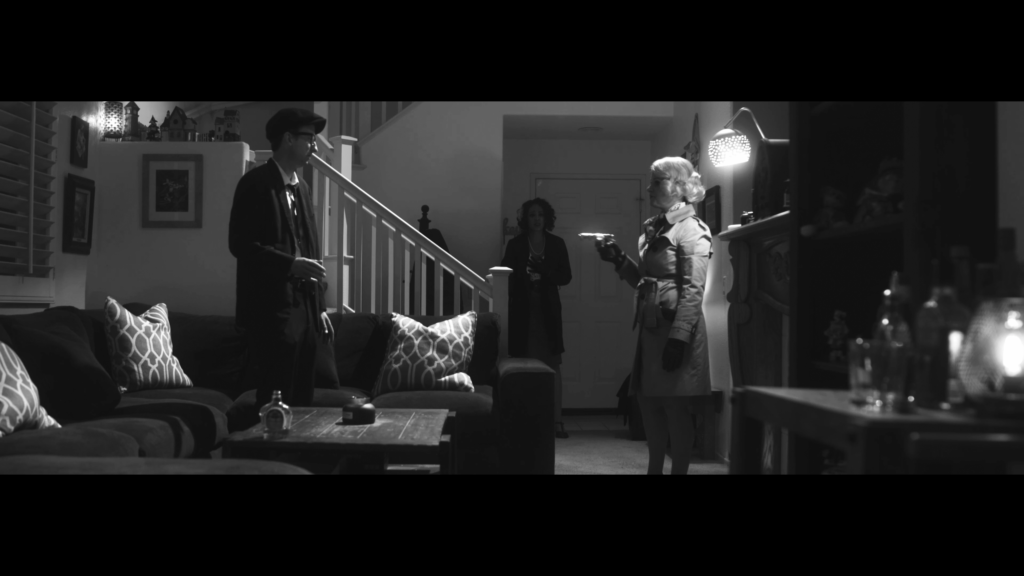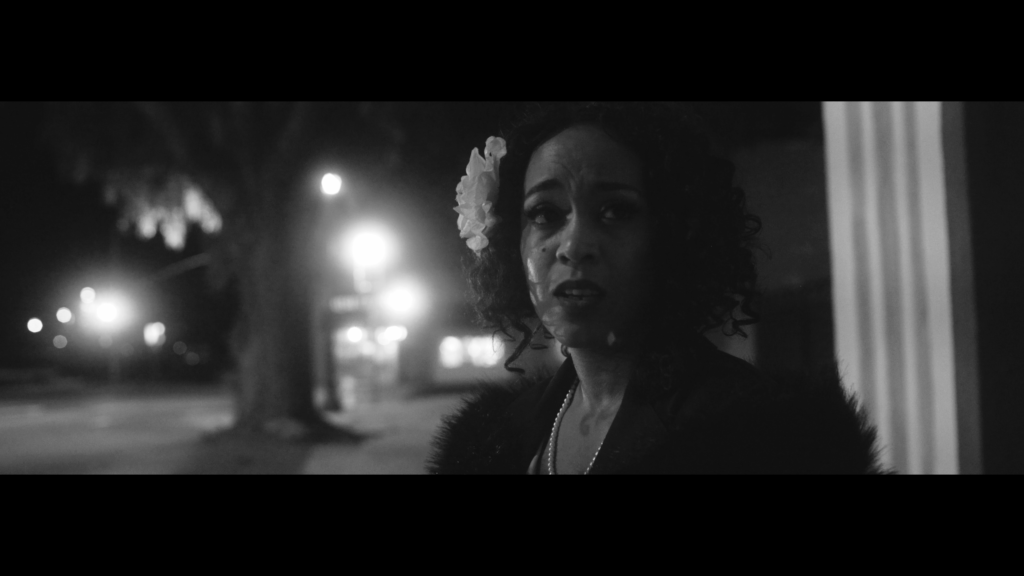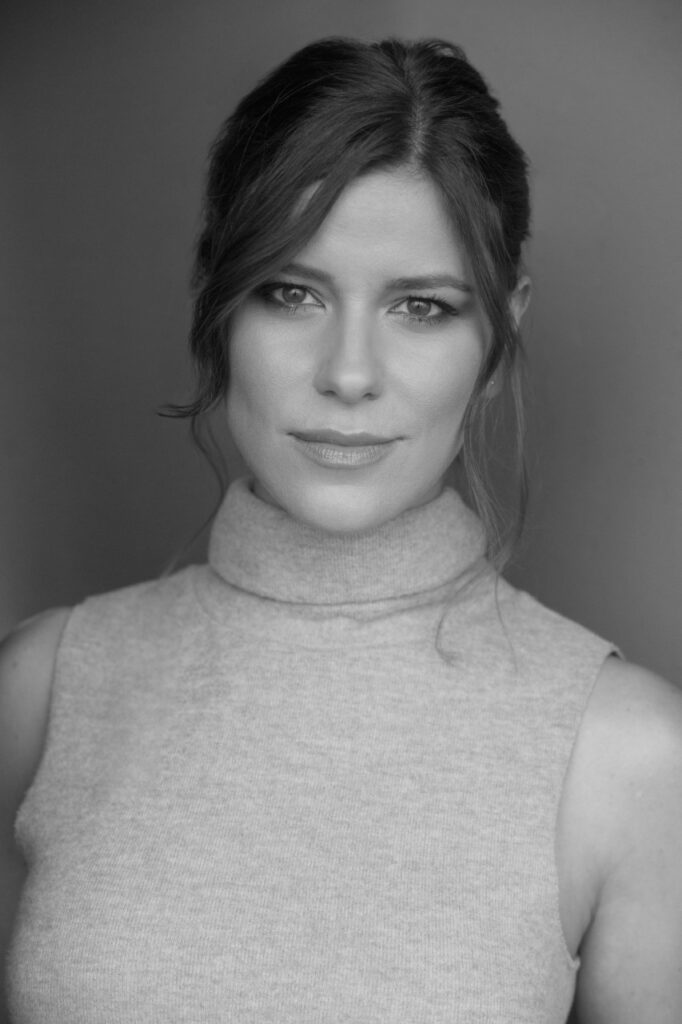
–Who is Fernanda Peviani?
I am a Brazilian actor and voice-over artist. In my teens, I fell in love with art and took acting and music courses. During my trajectory, I got involved with many bands, firstly as a keyboardist and then as a lead singer, from reggae to jazz and rock bands.
As an actor, my foundation course was theatre at Fundação das Artes, em São Caetano do Sul, a place that gave me all my base in acting. I starred in a few short films, and in 2011 it was my debut in a feature film, a horror mockumentary directed by David Schürmann.
I worked for many years as a model and did many TV commercials in Brazil. A few years later, my acting career was slow, I felt unmotivated, and I received an invitation to participate in the feature film Elis, which tells the story of the Brazilian singer Elis Regina, directed by Hugo Prata. The role was small, but it was enough to motivate me again and see that I belonged there. In the meantime, I started working with voice-over, one of my passions, because I always liked working with my voice. A few years passed, and in 2019 I fulfilled an old dream of coming to live in England. Upon arriving here, I faced the difficulties of adapting and also of the language. I came across a massive cinema industry and starred in a short film a few months after arriving from Brazil. Then we had the pandemic, and during that difficult time, I had the opportunity to play the lead role in Luzinete, a film directed by Carla Di Bonito in which I won two awards as best actress by the 8 & Halfilm Awards and by the Naples Film Awards.
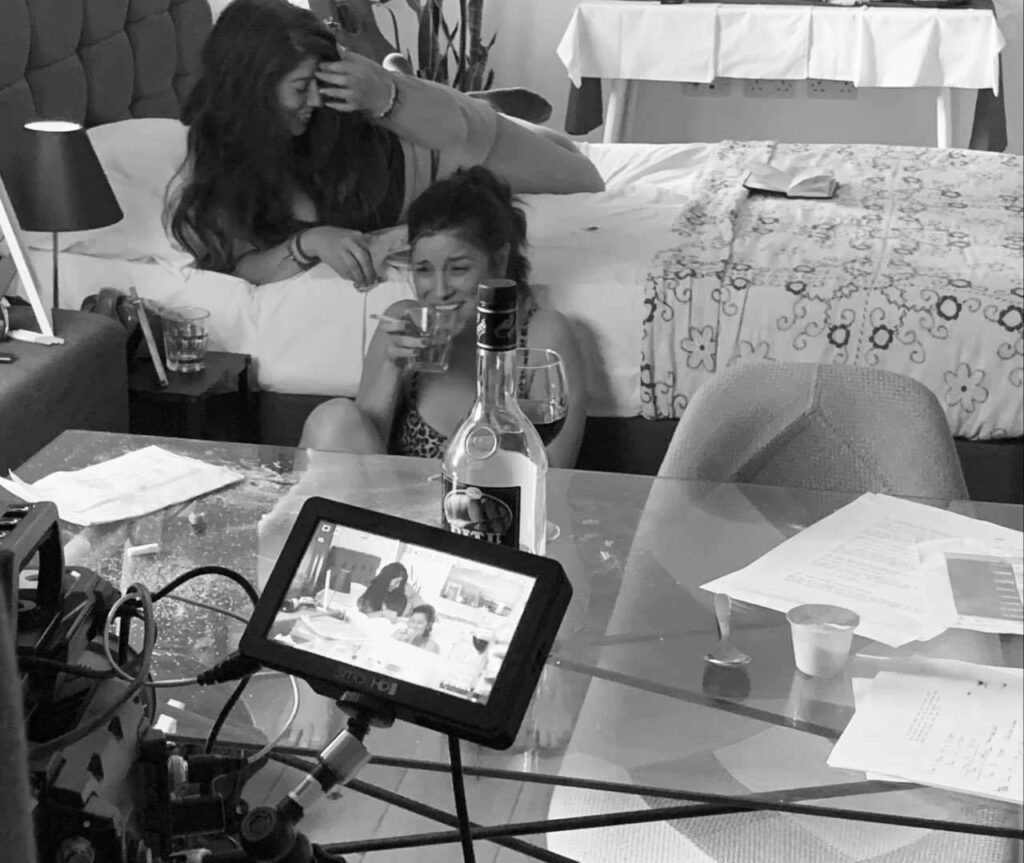
– What inspired you to become an actress?
I love films since I was little, and I wanted to be inside them as if the story were real. At that time, having access to films was restricted. I would rewatch the same movie many times, and it would take me to another world. I always said I wanted to be an actor, and at age twelve, I participated in my first short film, Um Jeca em Atibaia, directed by Sergio Concílio. This short film was essential to making me passionate about making cinema. Today I still feel the same passion as when I was a kid.
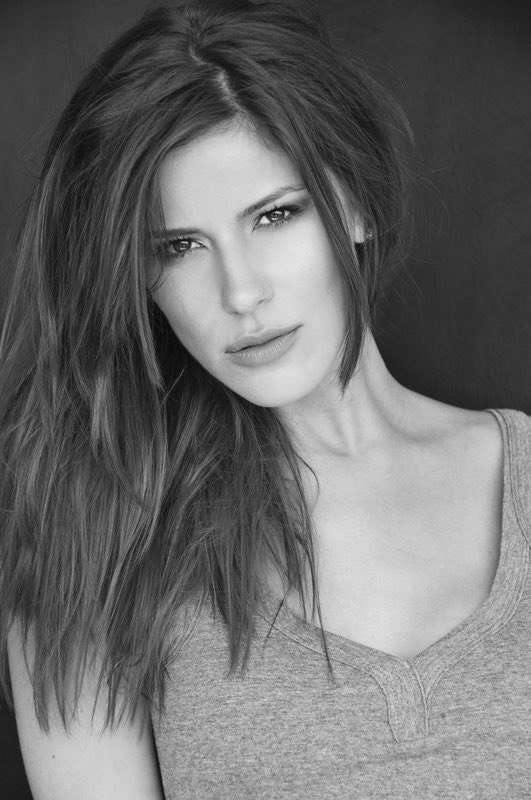
–Do you think the cinema can bring a change in society?
Absolutely. Films bring questions, points of view, imagination, and inspiration and can change many lives, make people relate to that story, heal emotional problems, and bring moments of fun and relaxation. Movies inspire society, and society inspires movies, in a cycle that never ends. The magic of cinema, of make-believe, in which we all connect, is unique.
-What would you change in the world?
I think money disturbs society, and everything revolves around it. We end up hurting each other because of this race for money and power. We also have a very shallow relationship with nature and natural resources, and we damage it immensely without measuring the consequences; also, the information about it is scarce because there is a lot of money involved in exploitation. Having said that, if I could change, I would take money and power out of existence. We need a less selfish society with more empathy and love.
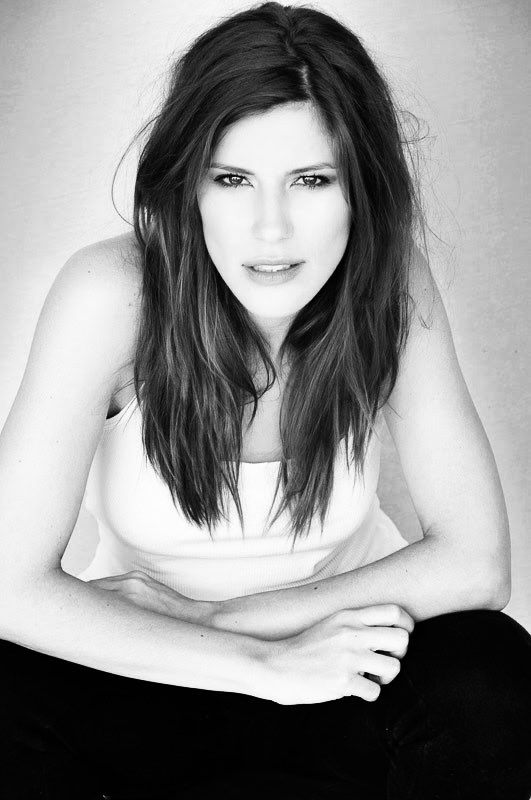
–Where do you see the film industry in the next 100 years?
I don’t have a clue, but I am sure it will be much better than my imagination can think. I never imagined as a child having streaming platforms, for example, and that was an evolution for the whole area, but I am sure it will get better. Who would have thought 100 years ago that we would have made it this far? It was so difficult to make movies, and extremely expensive, and yet they managed to make loads of them. Today we have advanced a lot, we have changed the whole way of making films, and ways of acting, and we have a thousand technologies. Those who make movies do it for love, to leave something that will stay in history forever, and this is beautiful!
